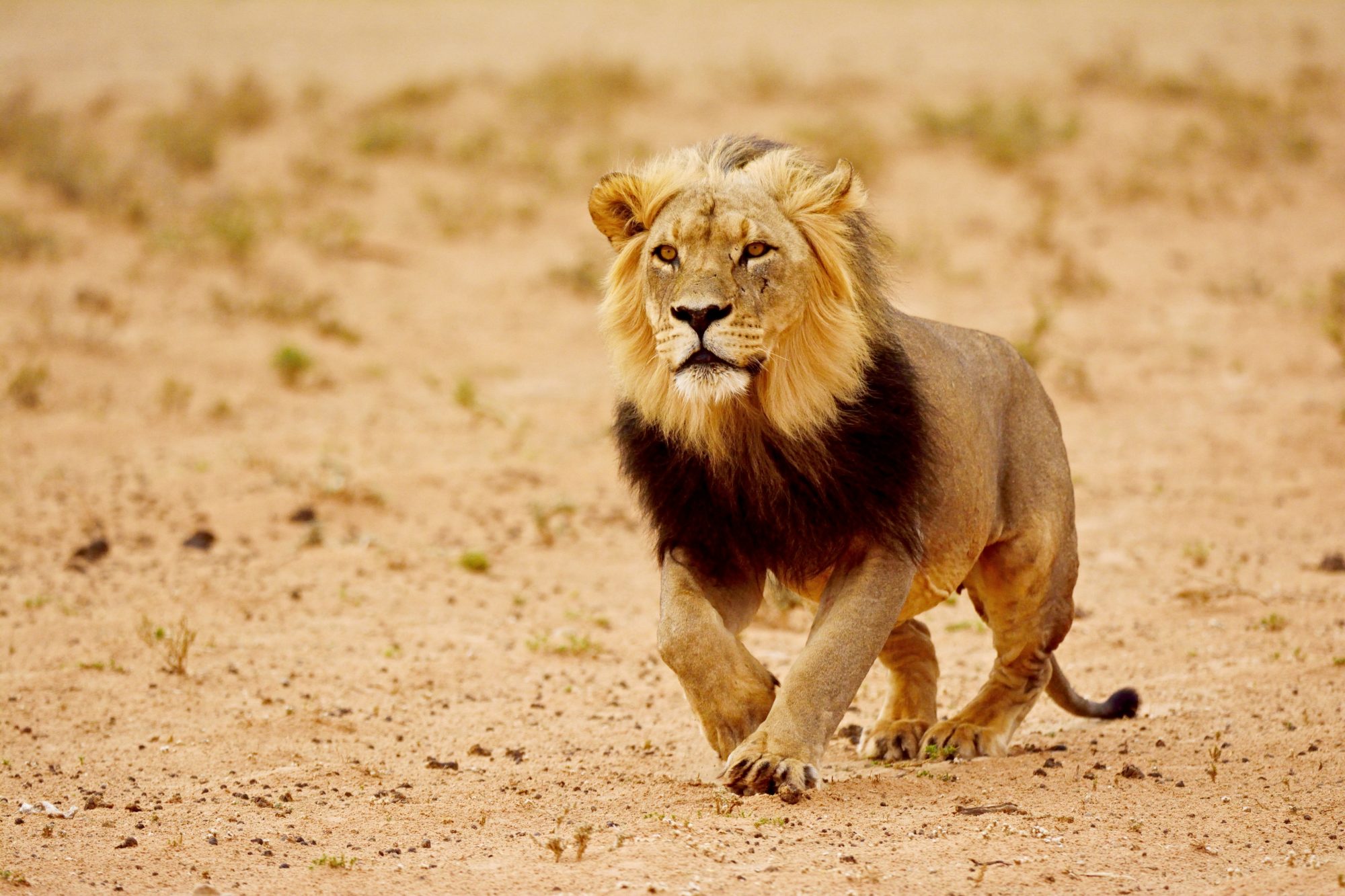Three years ago, the death of Cecil the lion drew outrage and sparked debates about lion trophy hunting. The shockwaves of the incident led to some quick changes in the way we think and talk about trophy hunting. For instance, France banned lion trophy hunting imports, the UK demanded that African nations improve their hunting practices, and in the travel industry some airlines announced that they would refuse to transport hunting trophies from Africa.
However, as Muchazondida Mkono, a research fellow at The University of Queensland, discovered through her research on the topic of lion conservation post-Cecil, the deep-seated changes necessary to turn the tide on the threats lions face have yet to materialize as trophy hunting persists in many parts of Africa and conservation remains underfunded.
It was with this in mind, along with our desire to expand the reach of our Wildlife efforts, on World Wildlife Day 2018, TreadRight and The Travel Corporation (TTC) announced our project partnership with the Wildlife Conservation Society’s Big Cat Fund, working to conserve all big cat species across Africa, Asia, and Latin America.
Our commitment to big cats has reverberated throughout 2018, as TreadRight Ambassador Céline Cousteau made an impassioned call-to-action to help protect these majestic animals, and TTC committed to the Buenos Aires Declaration on Travel & Tourism and Illegal Wildlife Trade.
And as we celebrate World Lion Day on August 10, we take time to recognize just how vulnerable “the king” has become as a species, and what can be done to protect lions.
As our partners at WCS highlight, lion numbers are falling fast. Lion hunting, more than anything else, had led to the shrinking lion population as people hunt them for sport and to reduce the risk to livestock lions can sometimes pose.
As is the case with all big cats, habitat destruction has also played a significant role in diminishing the lion population, as lions have lost at least 75% of their original habitat over the past 100 years, having disappeared altogether from 12 African countries.
Organizations working to protect lions have identified the need for close collaboration with local communities in protecting lions from retaliatory killings, as “crucially, the people who live alongside wildlife must not be forgotten.”
It is also important that we acknowledge and celebrate the wins and positive stories as they relate to lions. For this World Lion Day, we celebrate the work of a couple of our brands, African Travel, Inc. and Lion World Travel, and their incredible collaborative effort with the good people at the Born Free Foundation to bring King, a one-year-old lion cub, from his terrible captive conditions in Europe to his new home at the Shamwari Game Reserve in South Africa.
You can read the inspiring story and watch the incredible video of King’s journey here.
Happy World Lion Day!
